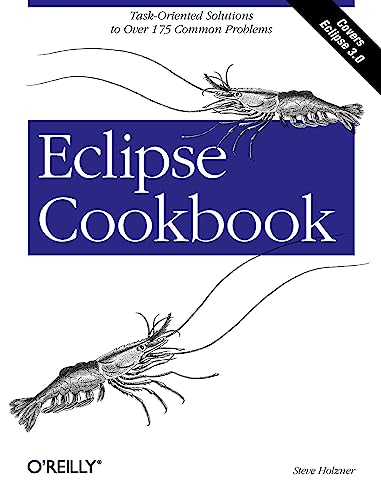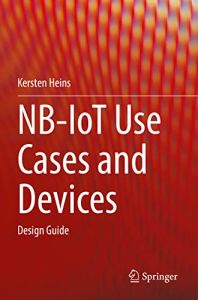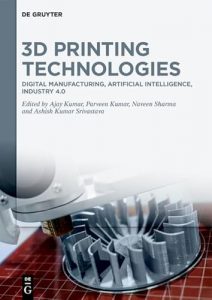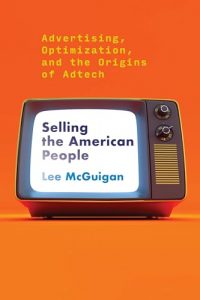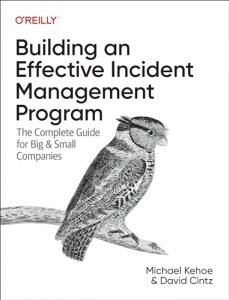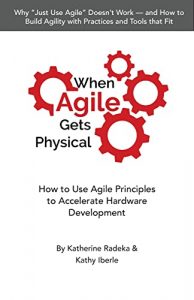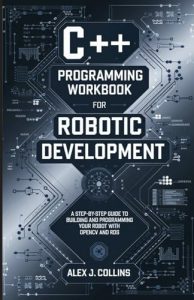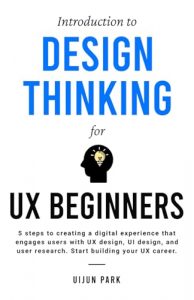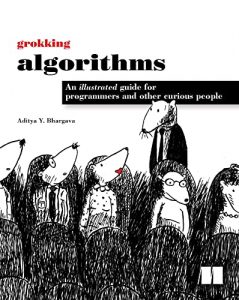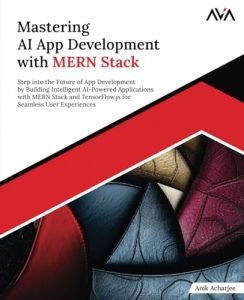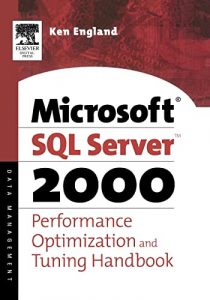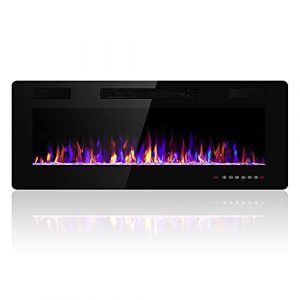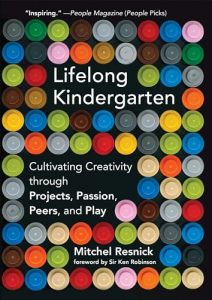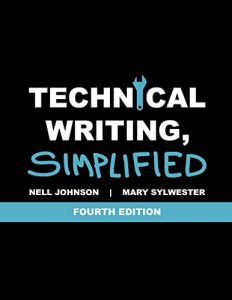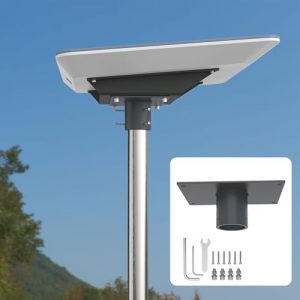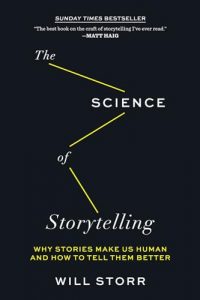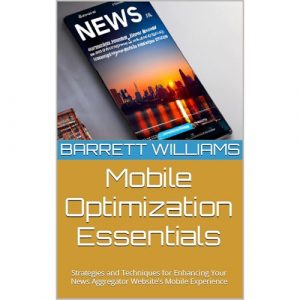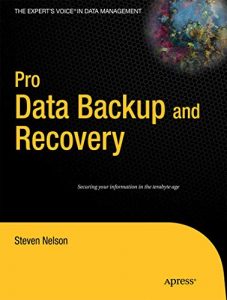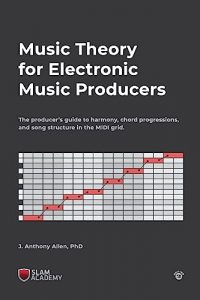Eclipse Cookbook: Task-Oriented Solutions to Over 175 Common Problems
For developers who frequently use Eclipse, the Eclipse Cookbook by Steve Holzner is an essential read. This book dives into over 175 practical solutions to common pitfalls, making it a go-to manual whether you are just getting started or looking to enhance your existing skills. Each recipe offers concise instructions, ensuring that you never get stuck again. It empowers readers to tackle everyday problems efficiently, sidestepping much of the frustration often associated with software development in Eclipse. 
Contributing to the Eclipse IDE Project: Principles, Plug-ins and Gerrit Code Review
If you’re interested in getting involved with the Eclipse community, look no further than Contributing to the Eclipse IDE Project by Lars Vogel and John Arthorne. This book provides a comprehensive overview of how to contribute effectively, from working with plugins to understanding the Gerrit code review system. It’s a fantastic resource for both new contributors wanting to make their mark and seasoned developers looking to refine their contributions in a collaborative environment. Its in-depth coverage of principles ensures that you’ll be well-equipped to navigate the complexities of open source development. 
Protractor Setup in Eclipse IDE – Automation Testing
Automation testing is crucial to modern software development, and Protractor Setup in Eclipse IDE by Prabhagar Tamizhselvan simplifies this process. Rated as an affordable guide (with a price tag of only $2), it walks you through setting up Protractor for automated testing within Eclipse. This is particularly valuable for developers who want to streamline their workflows. With practical insights and easy-to-follow instructions, you’ll be testing your applications automatically in no time. This book is invaluable for anyone looking to boost productivity and implementation with automated testing frameworks. 
Eclipse Plug-in Development Beginner’s Guide – Second Edition
Dr. Alex Blewitt’s Eclipse Plug-in Development Beginner’s Guide is a must for those aiming to delve into plug-in development for Eclipse. This book guides you step-by-step, providing foundational knowledge as well as advanced techniques used in plug-in development. It encompasses practical examples and detailed explanations, ensuring you grasp the concepts thoroughly. Whether you are a beginner or more experienced, this book strengthens your understanding of Eclipse capabilities. Plug-in development can be complex, but with Blewitt’s guidance, it becomes an achievable objective. 
Eclipse IDE – kurz & gut
For those looking for a concise overview, Eclipse IDE – kurz & gut by Ed Burnette is an excellent choice. This book compresses the essential information on using Eclipse into a manageable format, making it easy for beginners to digest critical information quickly. The straightforward layout aids developers in navigating the IDE and enhancing their productivity. It’s a practical guide for anyone needing a quick reference or a brush-up on Eclipse tools. Perfect for newcomers, its price of $2.77 is just an added bonus. 
ABAP in Eclipse: Install, Configure, Use, and Enhance Your ADT
ABAP in Eclipse by Łukasz Pęgiel focuses on enhancing the development experience for ABAP programmers using Eclipse. This book offers a detailed guide on installation and configuration, ensuring your development environment is optimized. It emphasizes practical use and provides tips for enhancing your ABAP Development Tools (ADT). As the demand for effective ABAP programming grows, this book is a great asset to any developer looking to leverage Eclipse for ABAP. Its detailed approach makes this book a priceless resource for anyone in the field. 
Eclipse Rich Client Platform
This fascinating book by Lars Vogel and Mike Milinkovich, titled Eclipse Rich Client Platform, is perfect for developers looking to build rich client applications. It provides invaluable insights into the architecture of the platform, alongside hands-on exercises that elevate your understanding from theoretical to practical. If you want to master the rich client functionalities in Eclipse, this book is a fantastic asset. The clear, detailed layout helps streamline your learning process and provides excellent support for real-world applications. 
Eclipse 4 OOP Course for Java Developers Using Eclipse
For Java developers wanting to enhance their understanding of Object-Oriented Programming (OOP) within the Eclipse environment, Eclipse 4 OOP Course for Java Developers by John R. Hines is an engaging read. By presenting ten versions of “Hello World,” the book illustrates the power of OOP and how to implement it practically in Eclipse. Its practical examples allow readers to grasp bridge concepts effectively. This engaging and insightful textual guide is fundamental in nurturing a deeper understanding of programming dynamics within Eclipse. 
Guide to Eclipse Equinox: Practical Guide
As technology evolves, understanding complex systems becomes vital. Guide to Eclipse Equinox by V. Telman provides a practical exploration of the Equinox platform within Eclipse. The book guides you through its architecture, with real-world examples to help integrate the concepts into your projects. This guide is invaluable for those who want to deepen their technical skills and customize their software development process. It’s a critical read to harness the full power of the Eclipse platform effectively. 
Eclipse Ide – Dicas E Truques
Lastly, for Portuguese speakers, Eclipse Ide – Dicas E Truques by Edson Goncalves brings tips and tricks that can vastly improve efficiency while working in Eclipse. Even seasoned developers often overlook hidden functionalities that this guide highlights, making it a gem in enhancing your workflow. Its affordable price of $29.53 adds further appeal, presenting immense value. Leveraging this book can dramatically change the way you use Eclipse for the better! 

